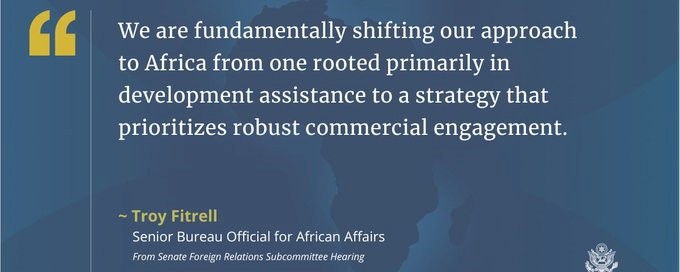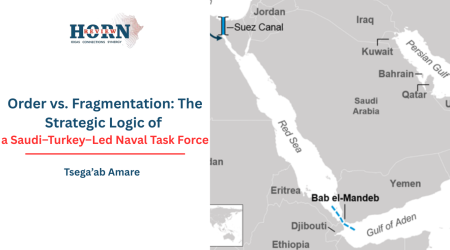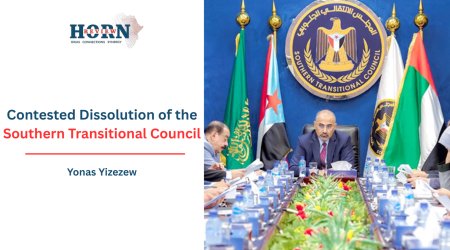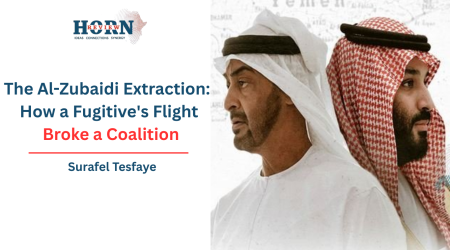
11
Jun
Beyond Legacy Power: Rethinking U.S. Engagement with Africa
As Washington recalibrates its approach, the imperative is clear: to cultivate equitable partnerships that honor African agency and advance mutual strategic interests.
The United States is embarking on a transformative recalibration of its Africa policy – transitioning from a paradigm historically centered on developmental assistance toward one predicated on strategic, interest-driven economic collaboration.
This evolution signals a growing acknowledgment that African nations are no longer passive recipients of external aid but dynamic actors asserting sovereignty, championing regional integration, and advancing diplomacy rooted in pragmatic, value-based partnerships.
Within the Horn of Africa, Ethiopia stands at the forefront of this diplomatic renaissance. Under the stewardship of Prime Minister Abiy Ahmed, Ethiopian foreign policy has pivoted decisively toward economic diplomacy, regional connectivity, and a framework of mutual respect – prioritizing sustainable partnerships that align with both national aspirations and continental ambitions.
Moreover, the African outlook on long-term sustainable development (AoLS) underscores that robust commercial engagement is contingent upon the establishment of safe and reliable trade corridors, as well as secure maritime routes.
Ethiopia’s determined pursuit of enhanced access to the sea and its expanding role in regional maritime security exemplify this strategic imperative. By securing vital trade pathways, Ethiopia not only safeguards its economic interests but also contributes to the stability and integration of the broader Horn of Africa, reinforcing its position as a pivotal player in regional commerce and security.
For Washington, this convergence presents both an opportunity and a formidable challenge: can U.S. policy transcend entrenched legacy power dynamics and cultivate a genuinely reciprocal engagement that reflects the evolving realities of the continent?
The ultimate test of this strategic shift will be whether it moves beyond transactional rhetoric to embrace African-led frameworks for trade, investment, and integration – anchored in respect, shared ownership, and demonstrable mutual benefit.
The trajectory of Africa–U.S. relations will, in no small measure, be defined by how effectively this partnership evolves in an increasingly multipolar global order – one in which African sovereignty and agency are not just acknowledged but fundamentally respected.










